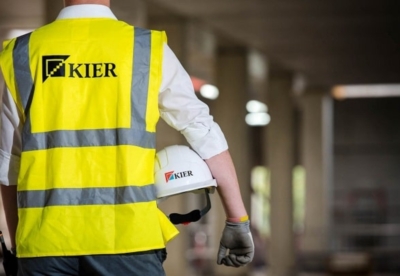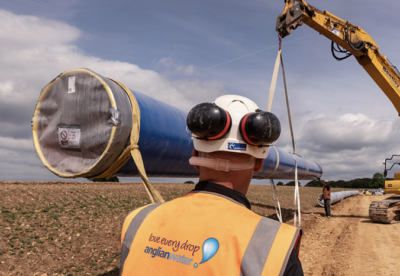Construction of the high-rise development was completed in early 2016.
But a structural assessment this June indicated that “the stone panels affixed to the façades will need to be modified, reinforced or replaced to meet performance requirements.”
Balfour said: “The expert’s assessment of the rectification methodology, which will determine the cost of the group’s obligation, is ongoing together with the group’s evaluation of any losses that could be incurred and any potential recovery options from third parties.
“At this stage, the group is not able to estimate with sufficient reliability the cost of its obligation as any estimate is subject to a number of unknown factors including what the proposed rectification solution is, any associated planning consents, sequencing, timeline and the consequential disruption to the development.
“As such there is a wide range of potential outcomes in this specific case. Based on current information, the range of the contingent liability is uncertain and extremely wide but could be as much as £50 million. The group will be pursuing all potential recoveries from third parties.”
The issue has prompted Balfour to pull out of bidding for fixed price residential property projects in central London.
Half year results published by Balfour reveal a number of issues at the UK Construction business which saw it rack-up a £23m underlying loss for the first six months from a turnover of £1,262m.
It said: “UK Construction recorded a £23 million underlying loss from operations in the half year (2020: £23 million loss). Issues at private sector property projects in central London have been exacerbated by Covid-19 disruptions, leading to a lengthening of project schedules.
“This situation has necessitated a reassessment of those contract end forecast positions, triggering write-downs on a small number of contracts.”
Stronger performances at Support Services and the other parts of the construction business helped Balfour to an overall pre-tax profit of £35m from a £26m loss last time on turnover up to £4,154m from £4,118m.
Leo Quinn, Balfour Beatty Group Chief Executive, said: “We continue to reshape Balfour Beatty to play to its strengths. These include leading capability in markets where governments are committed to long-term infrastructure programmes.
“It means choosing to exclude regions and sectors which cannot provide profitable, low risk growth, in favour of those that can. Our priority is on executing our already strong order book which will drive attractive cash generation and returns.”






.gif)



















































